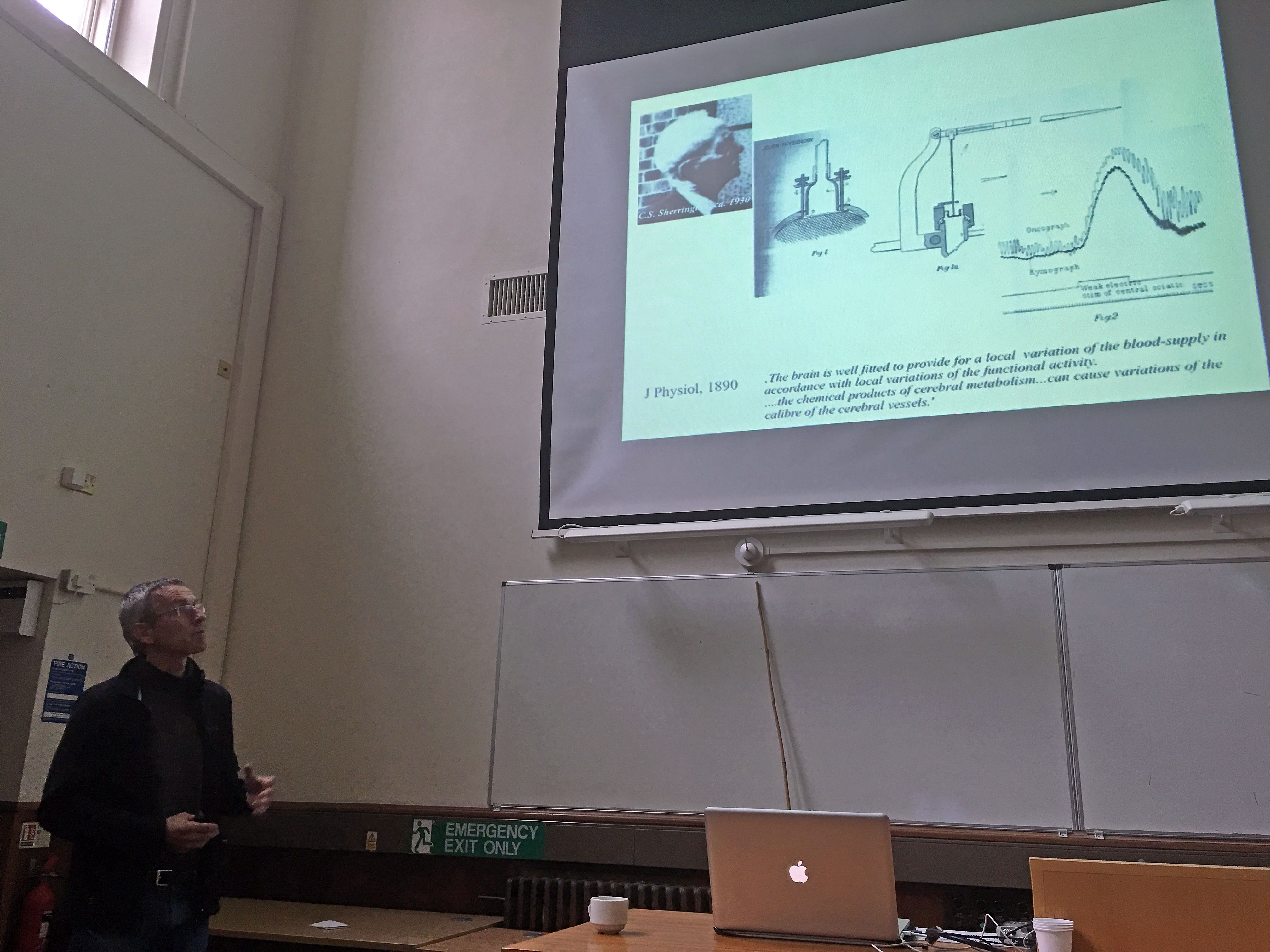Discussions about scientific reproducibility are often rather bleak. We hear that our results are unreliable, that our methods are – and always have been – weak, that our ways need to change but that this might not be the best individual strategy for career advancement.
And even if you want to work transparently and reproducibly, it would mean changing almost every step of the way from generating an idea to publication. This will often be in an environment that has a tradition of doing things differently.
Imagine how wonderful it would be if there was someone to take you by the hand, and help you implement all the changes you need. Someone to offer guidance both at an institutional and at a personal level. Someone, like Ulrich Dirnagl and his QUEST centre in Berlin.
The Berlin Institute of Health is taking reproducibility seriously. It oversees a large medical school and university, as well as a large basic research institution – more than seven thousand researchers and clinicians. And now, they have launched the QUEST centre, to offer guidance in improving the quality of research.
QUEST endorses open science: open access to articles and data. It offers guidelines on study design, analyses and reporting. It discourages accumulation of file drawer studies – and encourages funding bodies to take file drawer sizes into account. It invests in training and teaching resources on experimental design, methods to reduce researcher bias, new methods of publishing. It introduced financial rewards for working reproducibly, by pre-registering, publishing null results, running replications. It is working on changing the general incentive system, regarding funding and career progression. It is introducing open science questions at job interviews. It fosters participatory health research, with public involvement. It thinks carefully about the bioethics of translational research, keeping the patients’ daily lives in mind during the earliest stages of academic research. It gathers funds for the costs of open-access publications.
“Maybe you already have something like this”, Ulrich said, while we listened with fascination about the coordinated, structured, serious, fantastic work the QUEST centre is doing as we speak. Click on the talk to hear the details of how this work in practice:
(This blog post is a preview of the themes in Ulrich Dirnagl’s talk at the Oxford Reproducibility School, held on September 27, 2017. I occasionally use my own words to describe the contents, but the presented ideas do not deviate from the talk.)

